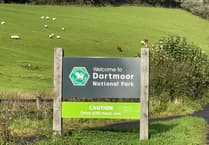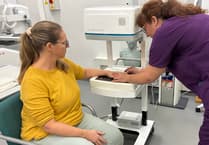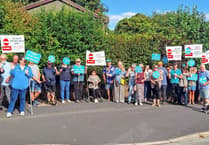PARKING charges could be going up across Exeter to help the city council balance its books.
A new report recommends a long list of increases, as well as plans to charge for some car parks which have been free up to now.
Members of the city council executive committee will discuss the proposals at a special meeting on Tuesday, August 13, after hearing that the changes are needed to keep up with the cost of providing services and mitigate council tax rises.
In common with councils all over the country, the city has suffered more than a decade of cuts to the money it is allocated by the government, meaning it needs to raise more funds locally.
Some of the additional cash would be spent tackling “significant” anti-social behaviour in some city car parks, with the cathedral and quay specifically mentioned.
If the changes are agreed, parking for two hours in the city centre will go up from £4.50 to £4.90, with an all-day ticket rising from £18 to £18.40. One-hour parking will be re-introduced for some car parks away from the very centre of the city, such as those at Belmont Road and Parr Street.
The idea is to encourage “pop-and-shop” short-term visits.
At Belmont Road, where there have been complaints that students and AirBnB customers monopolise spaces, there is a proposal to make it residents-only at night.
Sunday charges will stay the same to encourage a spread of people going into the city to shop.
A report says some of the recommendations are a response to difficult trading conditions for city centre businesses.
Also, introducing charges to a number of leisure sites will ensure they are used by their intended customers and not by people who shop and work elsewhere in the city.
Exeter Leisure members will get a permit to use in the leisure car parks affected.
The number of car park tickets sold in 2023 fell by almost 30,000 compared with the previous year.
The council says the new charges may ‘nudge’ people towards using more sustainable ways of getting into the city centre. However, it also warns that reducing the number of people using car parks would reduce the council’s income.
The report also points out that leaving the charges unchanged could mean other city council services costing more or even being cut back.
There will be a detailed public consultation before charges change.
Guy Henderson





Comments
This article has no comments yet. Be the first to leave a comment.